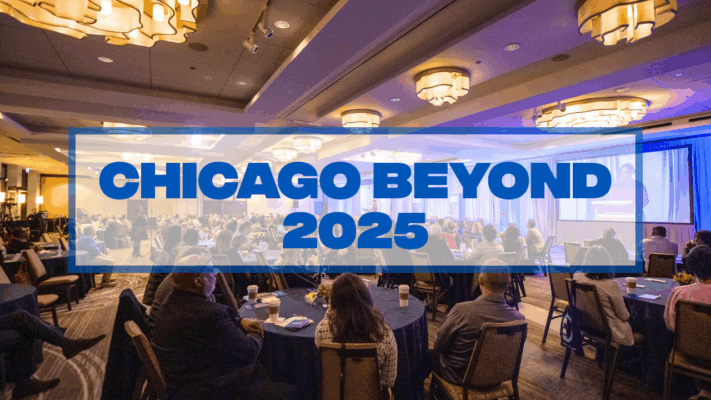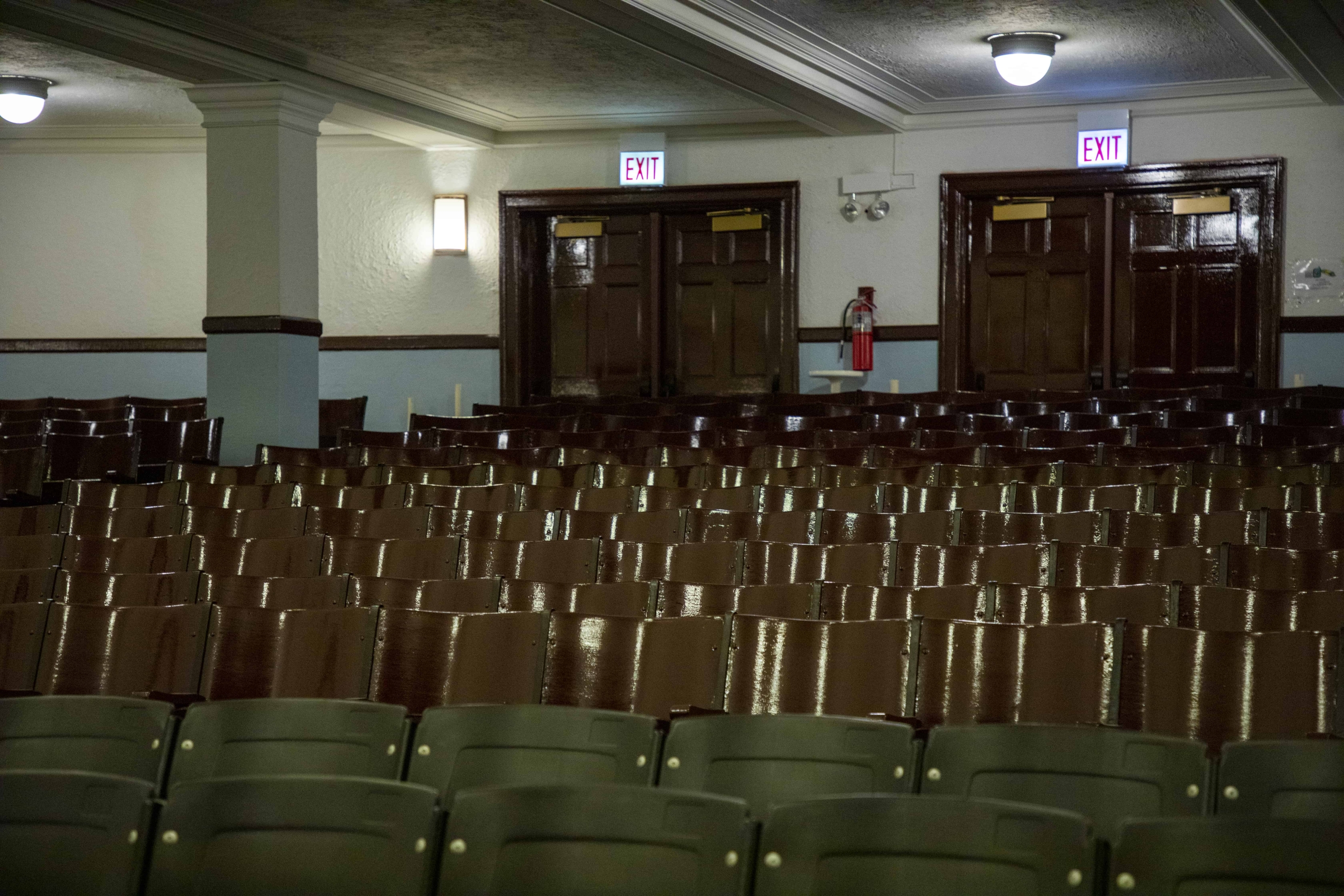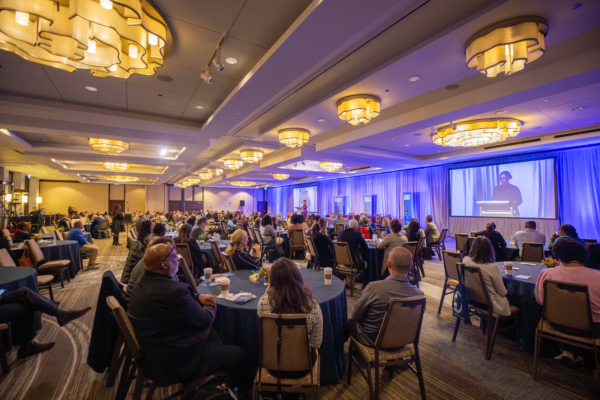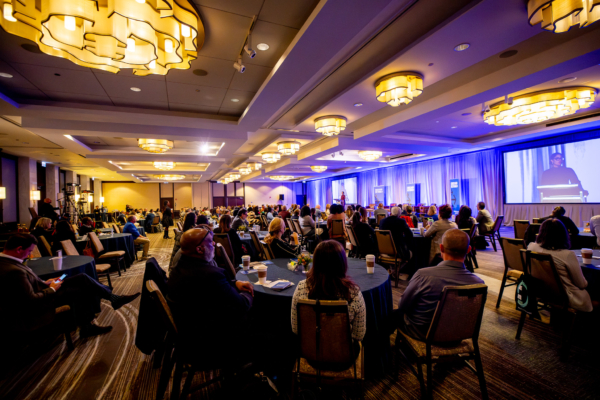
December 19, 2025
Chicago Beyond 2025 Recap
2025: Proximity Leads From health to justice, Chicago Beyond invests in people closest to the issues and driving change all across the country. This year,
Read More
This podcast episode was published on Crain’s Chicago Business podcast series Chicago Comes Back on February 4, 2021 with Emily Drake Tessa and Todd Connor.
The founder of Chicago Beyond talks about how the past year has focused attention on inequity and how philanthropy can have an impact on whole communities.
This week we sit down with Liz Dozier, former Chicago Public Schools principal turned social entrepreneur and founder at Chicago Beyond, who has been a driving force for catalytic change for our young. To date, Chicago Beyond has invested more than $30 million in community-led initiatives and individuals to help all youth to achieve their full potential here in Chicago, and beyond. As we think about Chicago coming back, we wanted to check in with her for perspective on what recovery means and needs to look like for our young people.
Todd Connor: Liz, you’ve been at the forefront of preparing our young people for life beyond school, from your time as principal at Christian Fenger Academy High School in the Roseland neighborhood to your role now leading Chicago Beyond. Can you give us your perspective on the state of the system, as it were? How are we doing as a city?
Liz Dozier: Systemic racism still acts as an underlying driver of the state of the system. We have evidence of how that driver impacts everything from health care to our education. This last year made a huge difference in the acknowledgement of that reality. Rightly so, this time period has forced us to examine and begin to reform our city, state and national practices and policies in order to create a system that is equitable and allows access and opportunity for all people.

December 19, 2025
2025: Proximity Leads From health to justice, Chicago Beyond invests in people closest to the issues and driving change all across the country. This year,
Read More
December 1, 2025
National philanthropic organization Chicago Beyond hosted its second National Justice Convening Oct. 29-30 in Chicago. The gathering aimed to improve safet
Read More
November 7, 2025
At its second National Justice Convening, Chicago Beyond, a national philanthropic organization addressing systemic inequity by backing solutions led by t
Read More